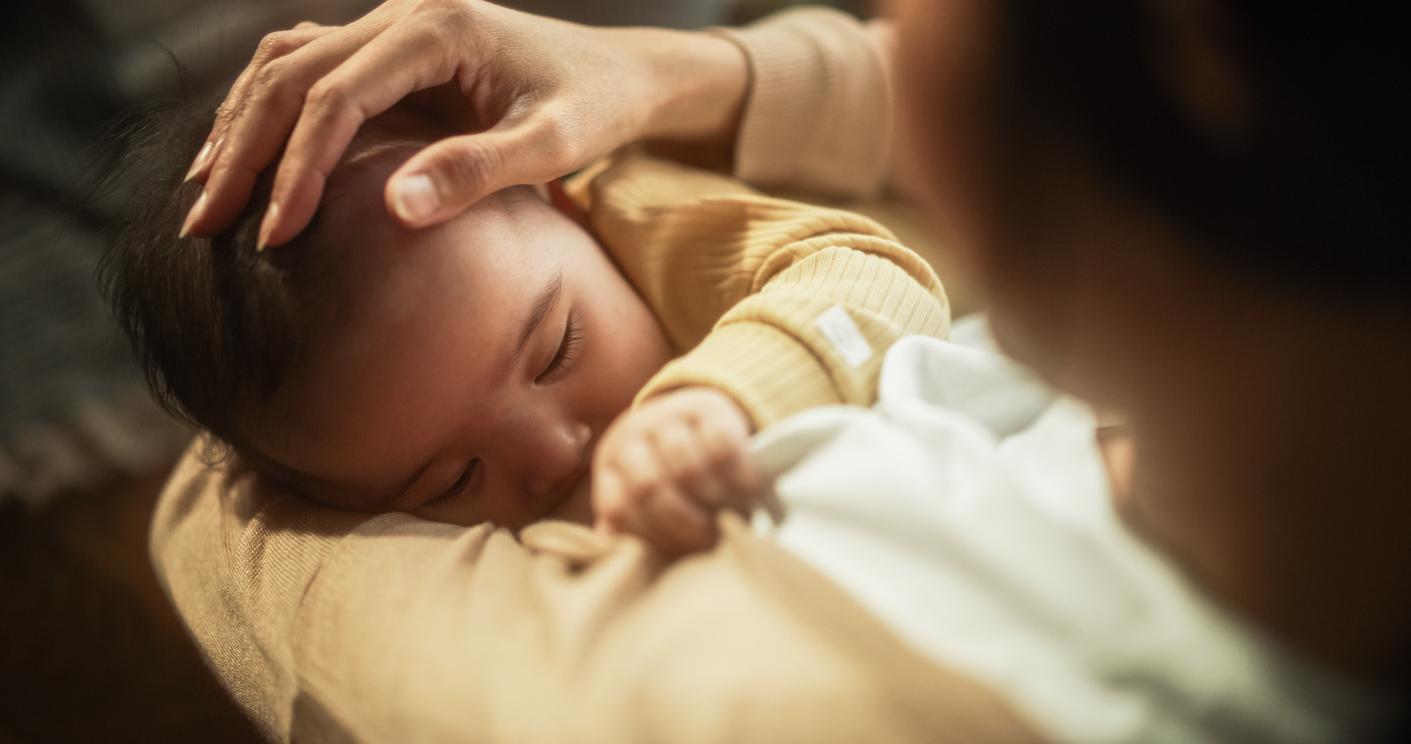A new study suggests that the relationship between mother and child may explain human longevity.

- The relationship between mother and child may explain why humans live longer than expected for their size.
- The researchers developed a mathematical model that demonstrates the relationship between maternal survival and offspring fitness and pace of life.
- For the team, their discovery underscores the importance of maternal care and the need to study it to better understand its impact.
Compared to other mammals, humans live longer than expected for their size. The key to this mysterious longevity may lie in the mother-child bond, according to researchers at Cornell University.
Their work was published in the journal Proceedings of the National Academy of Sciences June 14, 2024.
A mathematical model to understand the link between longevity and the mother-child relationship
By studying data collected on different animals, researchers noticed that species where the survival of the offspring depends on the long-term presence of the mother tend to live longer and have a “slower pace of life”characterized by the animal’s lifespan and how often it reproduces.
“As we see these links between maternal survival and offspring fitness strengthen, we see the evolution of animals living longer and reproducing less often – the same pattern we see in humans.”explains Matthew Zipple, author of the study who managed to propose a mathematical model on this relationship between maternal survival and the physical fitness of the offspring, on the one hand, and the rhythm of life on the other.
“And the nice thing about this model is that it’s general to all mammals, because we know that these links exist in other species outside of primates, like hyenas, whales and elephants.”adds the expert in a communicated.
Maternal care at the heart of longevity
For this study, Matthew Zipple drew, among other things, on his 6-month field research with baboon mothers and their babies. His team was able to make predictions about how the offspring will behave if a mother dies after weaning, but before the offspring’s sexual maturation. This has, according to the author, negative short- and long-term, even intergenerational effects on the offspring and their descendants. For scientists, the study highlights the importance of maternal care.
“When you watch non-human primate mothers and infants interact, you can just see in the little ones’ faces that there is nothing more important in the world than the presence of their mother.”assures Matthew Zipple. “So for me, the behavioral work, in combination with the demographic studies, really reinforced this evolutionary thread that we share with our closest primate relatives – that there is a period of time where the whole world is our mother, and even though that weakens over time, it never goes away.”
The team plans to continue its work to determine more precisely how maternal presence in a child’s life can lead to increased longevity.
















